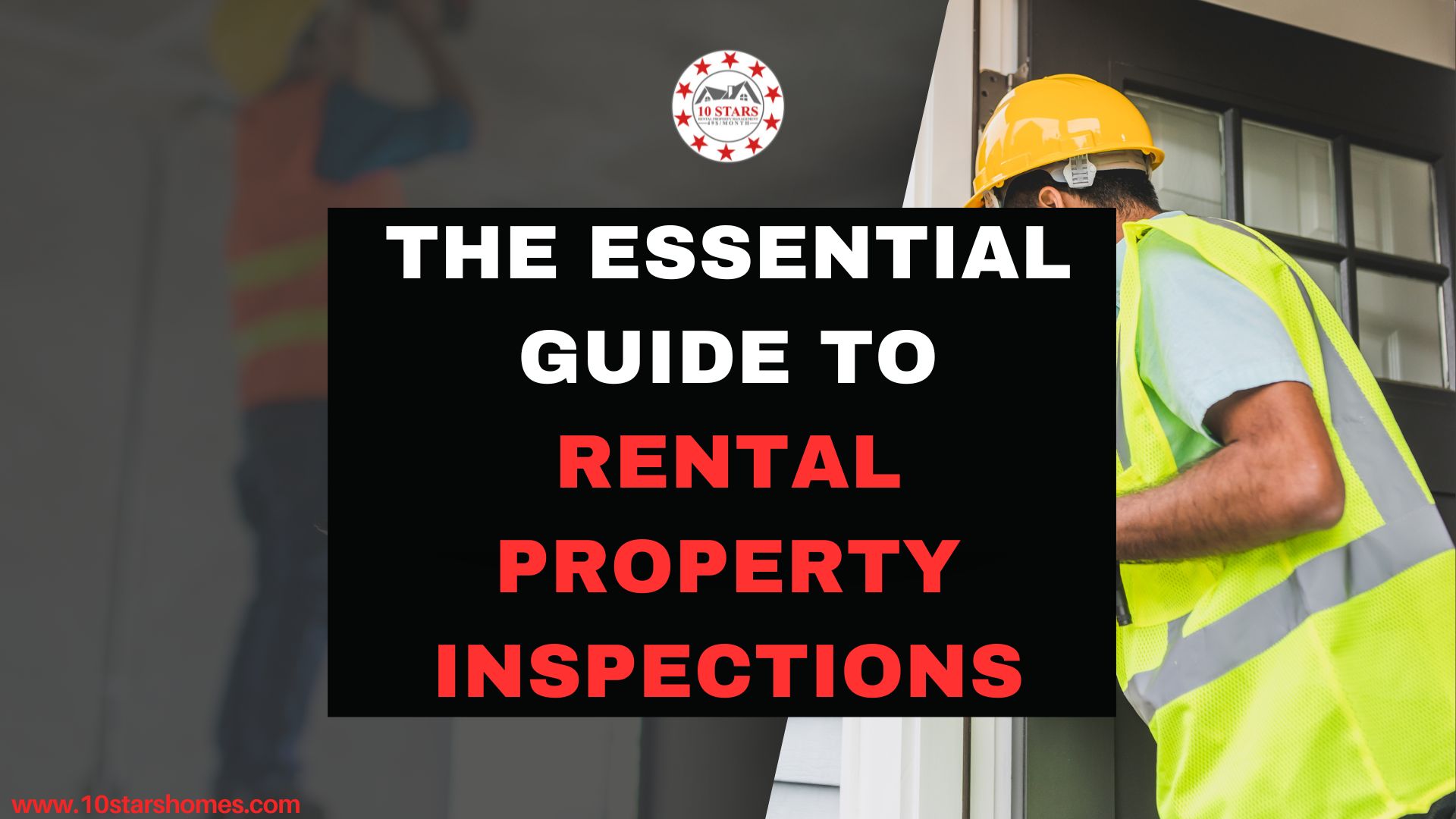In the intricate world of real estate, commercial property management stands as a crucial pillar supporting the industry’s foundation. Commercial properties, ranging from office spaces and retail centers to industrial complexes and warehouses, play a pivotal role in economic development. Effective property management ensures these spaces are not just functional, but also optimized for profitability. This article delves deep into the realm of commercial property management, exploring its significance, key responsibilities, challenges, and best practices.
Understanding Commercial Property Management
Commercial property management encompasses the supervision, operation, and enhancement of income-generating properties intended for business use. Unlike residential property management, which focuses on individuals and families, commercial property management deals with businesses and their unique requirements. These properties can range from office buildings and shopping malls to warehouses and mixed-use developments.
Significance of Effective Commercial Property Management
- Maximizing ROI: Effective property management is directly linked to higher returns on investment. A well-managed property attracts quality tenants, maintains higher occupancy rates, and justifies optimal rental rates.
- Tenant Satisfaction: Tenant retention is critical in the commercial sector. Skilled property management ensures tenants’ needs are met promptly, fostering long-term relationships and reducing turnover.
- Asset Preservation: Diligent management practices can extend the life of the property and its systems, reducing the need for expensive repairs or renovations.
- Legal and Regulatory Compliance: Commercial properties are subject to a myriad of regulations and codes. Competent property managers ensure the property remains compliant, mitigating legal risks.
- Value Enhancement: Implementing strategic improvements, regular maintenance, and staying attuned to market trends can boost the property’s value over time.
Key Responsibilities of Commercial Property Managers
-
Lease Administration: This involves handling lease negotiations, drafting agreements, ensuring rent collection, and addressing tenant concerns related to leasing terms.
- Tenant Relations: Property managers act as intermediaries between landlords and tenants, responding to concerns, managing disputes, and facilitating effective communication.
- Property Maintenance: Ensuring the property is well-maintained and operating efficiently is a core responsibility. This includes routine inspections, repairs, and overseeing vendors.
- Financial Management: Property managers handle budgeting, rent collection, expense management, and financial reporting to ensure the property’s financial health.
- Marketing and Tenant Acquisition: Attracting and retaining tenants is vital. Property managers employ marketing strategies to showcase the property’s value and attract potential tenants.
- Risk Management: Identifying and mitigating potential risks, such as safety hazards and legal issues, is crucial to protect the property and its occupants.
Challenges in Commercial Property Management
-
Diverse Tenant Needs: Commercial properties host a wide range of businesses with distinct requirements, necessitating flexible management approaches.
-
Market Volatility: Fluctuations in the economy and real estate market can impact occupancy rates and rental income.
- Regulatory Complexity: Staying abreast of evolving regulations, permits, and codes requires constant vigilance.
- Maintenance Demands: Larger and more complex properties demand meticulous maintenance scheduling and oversight.
- Tenant Turnover: Finding new tenants and negotiating leases can be time-consuming and affects the property’s cash flow.
-
Technological Integration: Incorporating property management software and technological solutions can be challenging but is becoming increasingly necessary for efficiency.
Best Practices for Successful Commercial Property Management
- Thorough Tenant Screening: Properly vetting potential tenants helps ensure that reliable businesses occupy the space, minimizing future problems.
- Regular Maintenance: Implement preventive maintenance schedules to address issues before they escalate, reducing costly repairs.
- Effective Communication: Maintain open lines of communication with tenants, addressing concerns promptly and transparently.
- Market Awareness: Stay informed about market trends to set competitive rental rates and make strategic decisions.
- Professional Vendor Relationships: Cultivate strong relationships with contractors, vendors, and service providers to ensure prompt and quality services.
- Technology Adoption: Leverage property management software for streamlined operations, rent collection, and reporting.
- Legal Compliance: Partner with legal experts to navigate complex regulations and ensure the property remains compliant.
Conclusion
Commercial property management is an intricate dance that requires expertise in real estate, finance, tenant relations, and regulatory compliance. Successful management of commercial properties results in increased returns on investment, tenant satisfaction, and asset value. While challenges persist, embracing best practices and adapting to industry trends can empower property managers to steer through the complexities and contribute to the prosperity of businesses and the real estate sector as a whole.





